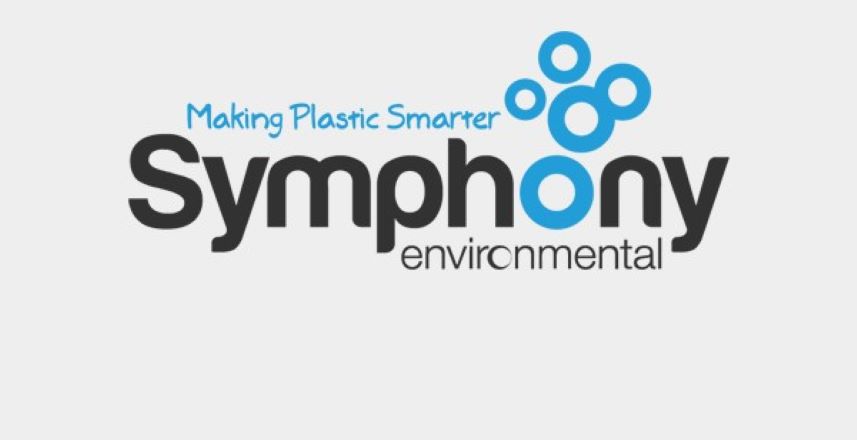According to Symphony Environmental, it’s time to work with plastic manufacturers instead of confronting them with bans.
The plastics industry has for many years been at the forefront of innovation as the sector has become a lightning rod in the debate over our environment. But according to Symphony Environmental, a company at the forefront of packaging technology, the plastics sector is leading the charge when it comes to a transformative shift towards sustainability.
Said Michael Laurier, CEO: “This is an industry being driven by huge change and as we head into 2025, we can expect to see an even greater focus on innovation. Plastic products are immensely useful, they are often the best material for the job, and have an excellent LCA. It is made from a by-product of oil refining, and so long as oil is required for fuels it makes sense to use the by-product.”
Driven by environmental concerns and regulatory pressures these are some of latest trends steering the course of plastics technology.
- The Circular Economy: By adopting a circular economy approach, businesses are not only contributing to reducing the environmental impact of plastics but also fostering a more sustainable and resource-efficient model. Central to this is the goal of minimising waste and promoting the recycling and reuse of plastics. Companies are now designing products with recycling in mind, opting for materials that can be efficiently processed through recycling systems or indeed biodegrade. This shift means that the industry as a whole is moving towards a future where the life cycle of plastic is carefully managed to minimise its impact on the environment. However, for the foreseeable future a significant amount of plastic will still get into the open environment where it can lie or float around for decades, and this is why our d2w biodegradable plastic has been invented.
- Biodegradable plastics: Biodegradable plastics are becoming central to the ongoing efforts to mitigate the environmental impact of traditional plastic materials. Ordinary polyethylene and polypropylene products can be made to biodegrade much more quickly if they get into the environment, leaving no microplastics behind, simply by making them with a d2w masterbatch at little or no extra cost. This concerted push toward a more sustainable and environmentally-aware approach to plastic manufacturing reflects a commitment to balancing the functional advantages of plastics with a conscientious approach to ecological sustainability.
- Regulatory framework: Many governments and international organisations are driving major change in the regulatory landscape to strengthen and enforce responsible plastic management. A central part of this has been the increase in restrictions on single-use plastics, but restrictions on plastic can steer people toward less sustainable materials such as paper. In the Middle-East governments have required a wide range of packaging and other products to be made with d2w or equivalent biodegradable technology.
- Smart Plastics: We provide a range of these plastics, which can protect people against insects, rodents and fire, and can reduce the deterioration of food. The largest bakery in the western world has started to use d2p technology for its bread-packaging, and has been using d2w for more than 15 years.
- Anti-Microbial Plastics: The development of anti-microbial plastics has emerged as a significant and timely trend. As a direct result of the heightened emphasis on hygiene, particularly within healthcare environments, this innovative approach involves the integration of substances with inherent anti-microbial or anti-viral qualities into the plastic manufacturing process. As the demand for heightened hygiene persists, the development and use of anti-microbial plastics such as Symphony’s d2p underscores a commitment to advancing public health measures through innovative material solutions.
Concluded Laurier: “The plastics industry is undergoing a dynamic transformation, marked by a convergence of innovative trends that lead to a more sustainable and responsible future. From the development of biodegradable and sustainable plastics, to the integration of smart technologies, the sector is adapting to address pressing environmental concerns and societal needs. Add into the mix innovations in manufacturing and recycling and the industry’s commitment to efficiency, waste reduction, and enhanced material properties becomes clear.
“But what is also clear is that in restricting single-use plastics and passing other restrictive regulations, albeit focused on promoting an eco-conscious plastics economy, government itself is engaging in virtue-signalling instead of working with innovators in the sector to bring about real change.” For more visit symphonyenvironmental.com



